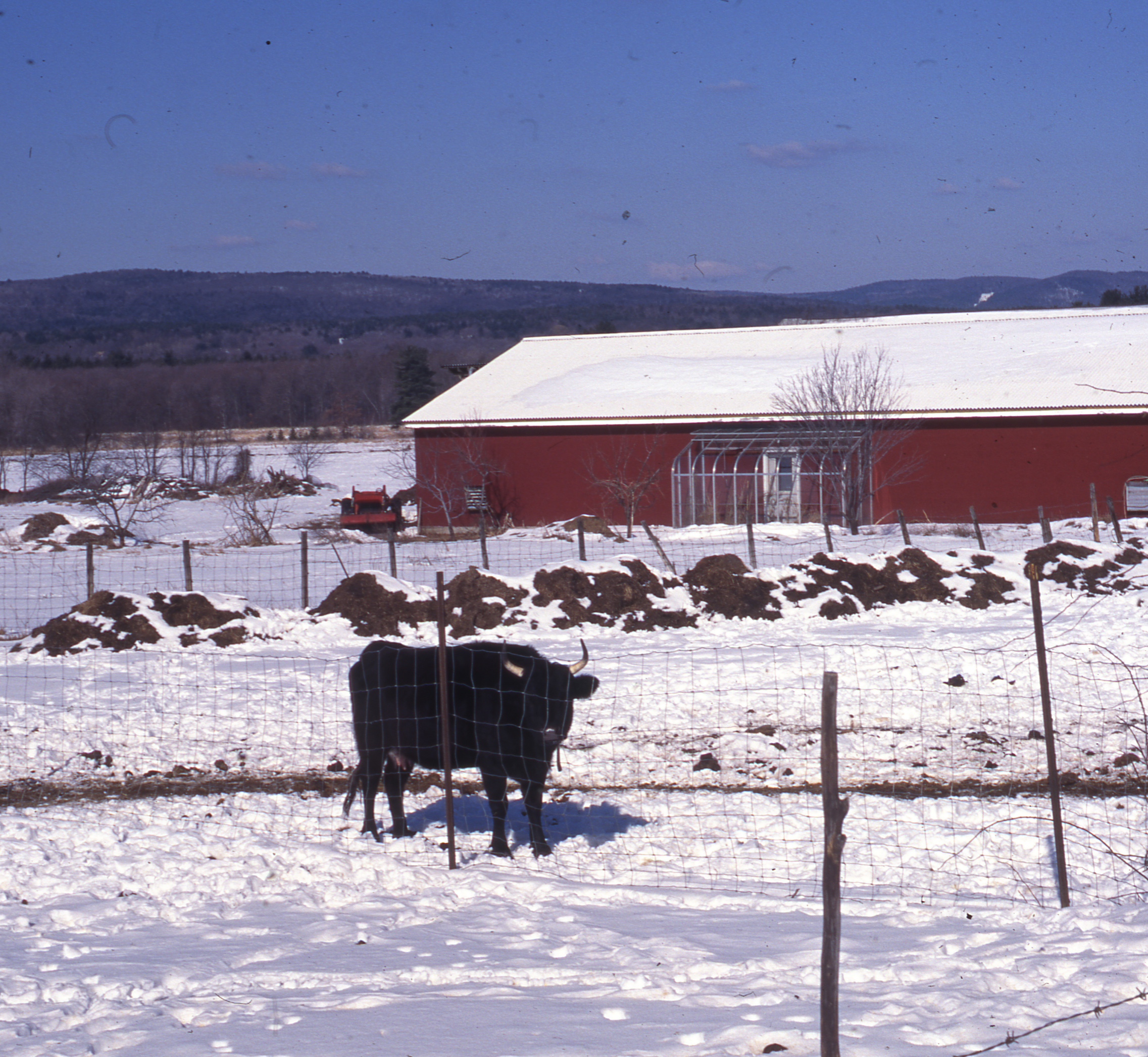Christopher Pyle Papers
As an army captain teaching constitutional law at the U.S. Army Intelligence School in Fort Holabird, Maryland during the late 1960s, Christopher Pyle learned about the army’s domestic spying operation that targeted antiwar and civil rights protesters. Disclosing his knowledge about that surveillance in 1970 in two award-winning articles, Pyle led the fight to end the military’s domestic spying program by testifying before three Congressional committees. Currently a professor of politics at Mount Holyoke College, Pyle continues to write about civil liberties and rights to privacy focusing his attention now on the Patriot Act and the detention of aliens and citizens without trial.
Documenting Pyle’s investigation into the military domestic spying operation, the collection consists of court transcripts, telephone logs, surveillance binders, correspondence, research notes, and news clippings.


